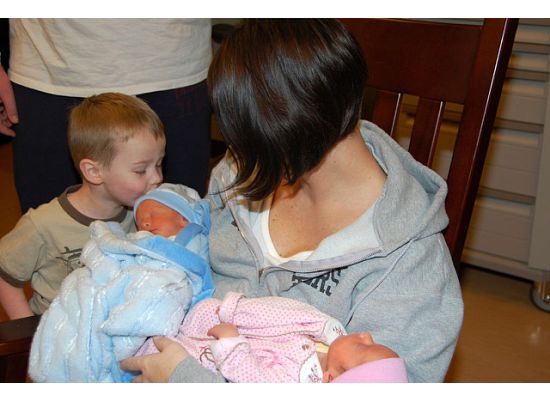It is important for educators to align resources to students’ multiple needs and advocate
for a more balanced approach.
"What works best for children? What must we all—educators, families, policymakers, and
community members—do to ensure their success? Answering those questions pushes us to
redefine what a successful learner is and how we measure success. A child who enters school
healthy and feels safe is ready to learn. A student who feels connected to school is more likely
to stay in school. All students who have access to challenging and engaging academic programs
are better prepared for further education, work, and civic life. These components must work
together, not in isolation. That is the goal of whole child education." (Retrieved from: http://www.afterschoolnetwork.org/)United States and Poland
In both countries children are obligated to attend schools up to certain age. In the USA there are public primary schools and secondary schools. If someone wants to attend colleges or universities, he or she has to pay for it. In Poland the government pays for all schools- there are public primary, secondary and high schools, as well as colleges and universities. Of course there are private schools in Poland, but every citizen has an opportunity to educate for free from pre-kindergarten up to the university. This is a wonderful opportunity.
In America there exists an imperative to work harder and harder and to keep on looking for a better paid job. There are many people, who spend up to 18 hours a day at work. They have no time for social or private life. They have fewer friends and pay no attention to their neighbors. In Poland people usually know their neighbors, they also make friends and meet them regularly.
In America there are less unemployed and really poor people. Of course, there are some, but in reality, people, who want to work hard and are quite intelligent have a chance to achieve success. The living conditions in the USA are much better than in Poland. If you get a job in America and you work hard, you can afford a car, nice holidays and you do not have to worry about your future. In Poland the salaries hardly ever let you live on such level and you can never be sure, what your future will be like. Polish people are paid less money for a job, for which the Americans are paid much more. At the same time, the costs of living in Poland and in America are not much different.
http://www.afterschoolnetwork.org/
www.wiki.com/poland

Sarah, as I was reading your post I was picturing a scale with those different metal weights that can be moved back and forth or taken off the scales. So true that educators will best serve the needs of the child by consistently aligning instruction and resources to reflect the changing needs of each child, thereby consistently working to maintain balance. In our Foundations class I researched T. Berry Brazelton's Touchpoint System for one of the blog assignments. The Touchpoint System is an purposeful and organized system of early childhood professionals that work together as a team to meet the needs of the whole child. It is a fascinating approach and would support what you are advocating for in this post.
ReplyDeleteSarah,
ReplyDeleteI have gleaned a lot during this class as I have read your perspective on child development and the topics that we have read and reflected on. Not only did you share from your experiences as an educator, but you had a lot to share from your experiences and insights as a parent. Thank you for expanding my understandings through your blog! I hope that our paths will continue on together or perhaps cross again at some point in our Masters program.
With sincere gratitude,
Cindy Larsen